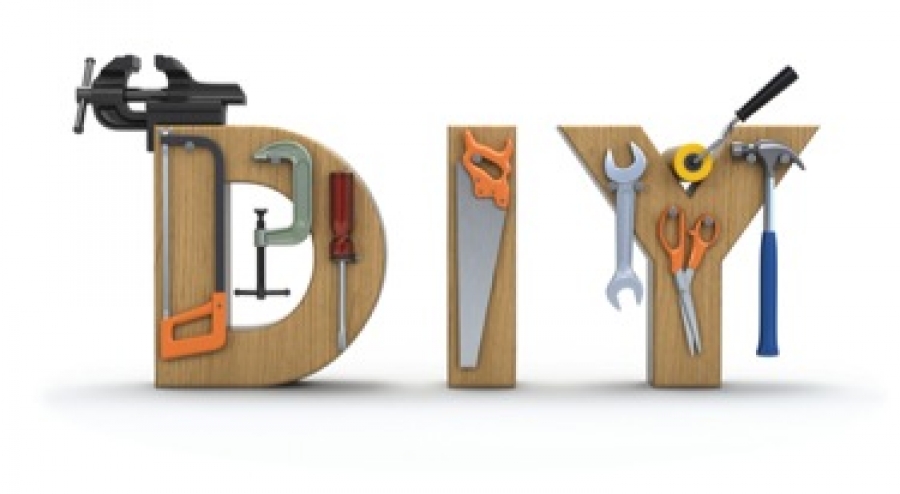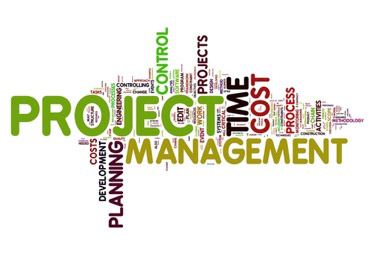Building your own home: How to prevent common problems
If youíre a bit of a DIY enthusiast, you might be all for jumping into a self-build. Watch out for these common problems.

However, while it might sound incredibly boring, carrying out the sufficient plans and preparations before you get started with your DIY building project will definitely stand you in good stead.
What problems do I need to prepare for?
A boatload of common problems can arise during a self-build. Despite the fact that you might think youíll breeze through your DIY project without the slightest hiccup, itís always better to be safe than sorry. To prevent your DIY building project from turning into a disaster, you need to be aware of these issues and learn how to stop them in their tracks.
-
Your own DIY limitations
Even if youíre a builder by trade, you will encounter aspects of a self-build that you canít complete on your own. Many would commend your efforts, but the real truth is that pushing yourself beyond your own limitations and your knowledge of DIY often ends badly.
-
Your inflexible attitude
One of the first things youíll need to realize when starting your self-build is that nothing is set in stone when facing a construction project. The more immovable your attitude and expectations are, the harder your job (and the jobs of everyone else on site) will be. Be as flexible as possible to ensure that jobs get done.
-
Lousy interim housing
A lot of self-build projects can overrun their allotted schedules and budgets. You might think that housing your family in a cramped caravan for the expected duration of your build is a good idea, but it isnít. Youíll all begin to get grouchy and itíll affect your family life and your decision-making abilities on the job site.
-
Living in the dark ages
A lot of self-builders and DIYers only get the generators in after a few weeks, but having one right from the get-go will ensure that your deadlines arenít pushed back. Without a working generator, you wonít be able to finish a whole host of jobs.
Some construction equipment wonít run without access to an energy source, and your generator will also be able to power lighting for your site to allow for longer working hours. You can also ensure that cups of tea are always available by hooking your kettle up to the generator!
-
Being inexperienced and underqualified
If youíre planning on project-managing your self-build without any outside assistance and youíve no prior experience, youíll need to be a very fast learner. While newbie project managers have certainly taken to the task very well, it can be a bit of a risky business. Instead, consider bringing in a project manager or seeking advice from family members or friends that have managed projects before.
-
Letting money burn a hole in your pocket
One of the first jobs in a self-build is to set up a budget. Obviously, you do this for good reasons, so sticking to your budget is an absolute must. If you spend money willy-nilly on materials or other expenses for which you havenít planned, youíll run out of money before you can even get the roof on.





If you want to avoid these common self-build issues, make sure youíre properly prepared for anything your project can and will throw at you.

Mather + Stuart
Mather + Stuart is a specialist supplier of Voltsafe generators, carbon reduction generators and other generator options.
Website: www.matherandstuart.co.uk/VoltSafe.aspx
